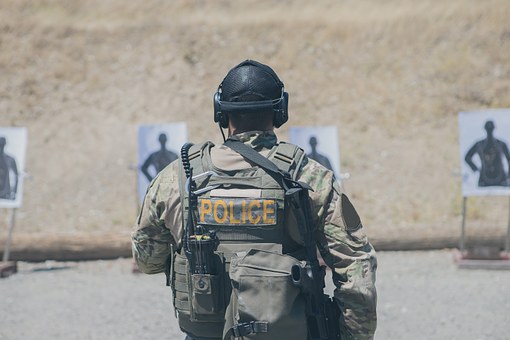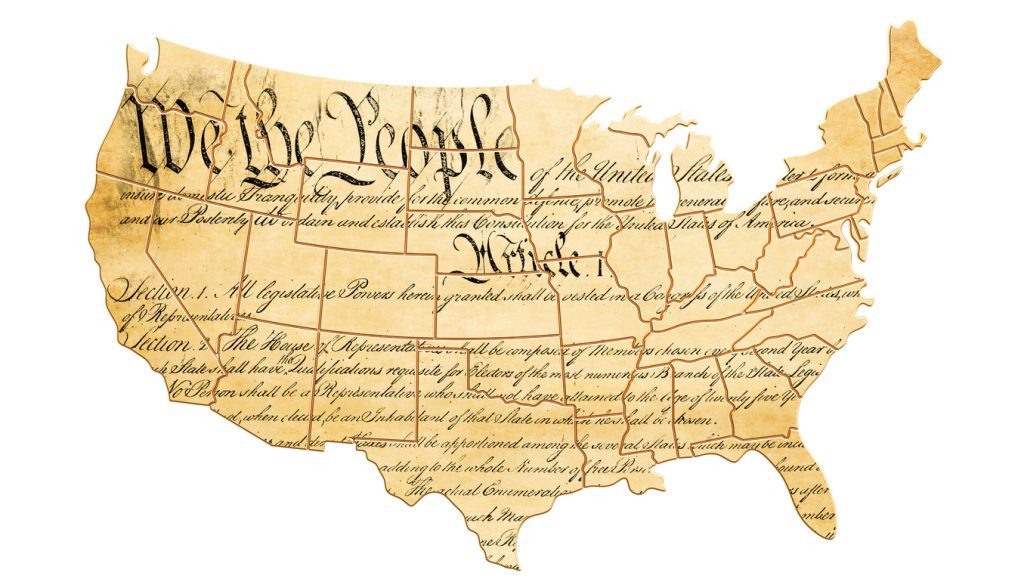A Bivens action is a lawsuit against a government official who violates someone’s constitutional rights. The name comes from the United States Supreme Court’s decision in Bivens v Six Unknown Federal Narcotic Agents. In that case, the Court held that people can file a lawsuit against a federal agent who violates their constitutional rights.
In theory, you can file a Bivens action whenever a federal agent violates your constitutional rights. But, in the criminal-justice context, the most common scenarios involve violations of your Fourth, Fifth and Eighth Amendment rights.
When can you file a Bivens action for a violation of your Fourth Amendment rights?
The Bivens case itself is an example of when you can file a Bivens action for a violation of your Fourth Amendment rights. In that case, federal agents entered and searched a man’s apartment without a warrant or probable cause before they arrested him. The man sued the agents, alleging that they violated his Fourth Amendment rights.
A U.S. District Court originally dismissed the lawsuit. But the U.S. Supreme Court reversed, holding that you can file a lawsuit against — and recover money damages from — government officials who violate your constitutional rights.

When can you file a Bivens action for a violation of your Fifth Amendment rights?
An example of when you can file a Bivens action for a violation of your Fifth Amendment rights is a bit more complicated. The Fifth Amendment protects, among other things, the right against self-incrimination (also called your right to remain silent).
Because of the Fifth Amendment right to remain silent, you do not have to answer questions from police or testify during criminal cases. Even though the Fifth Amendment is very clear on this point, police still try to ask people questions on a regular basis. And, because people may be reluctant to answer their questions, police use tactics to convince (some might say trick) people to talk to them anyway.
If federal agents force you to answer questions even after you exercise your right to remain silent, you might be able to file a Bivens action against the federal agents. The difficulty with winning a Bivens action like this, however, is that you must prove a violation of your Fifth Amendment rights, not just your Miranda rights.

Are there other times when you can file a Bivens action?
Yes. While Bivens actions usually involve alleged violations of your Fourth and Fifth Amendment rights, other rights can be involved, too. A third common example is the Eighth Amendment rights against cruel and unusual punishment. But, because U.S. courts have made the standard for cruel and unusual punishment so high, these cases are usually hard to win.
The Takeaway:
A Bivens action is a lawsuit against a government official who violates someone’s constitutional rights. You can file a Bivens action for a violation of any of your constitutional rights. But the most common examples involve violations of your Fourth, Fifth and Eighth Amendment rights.






